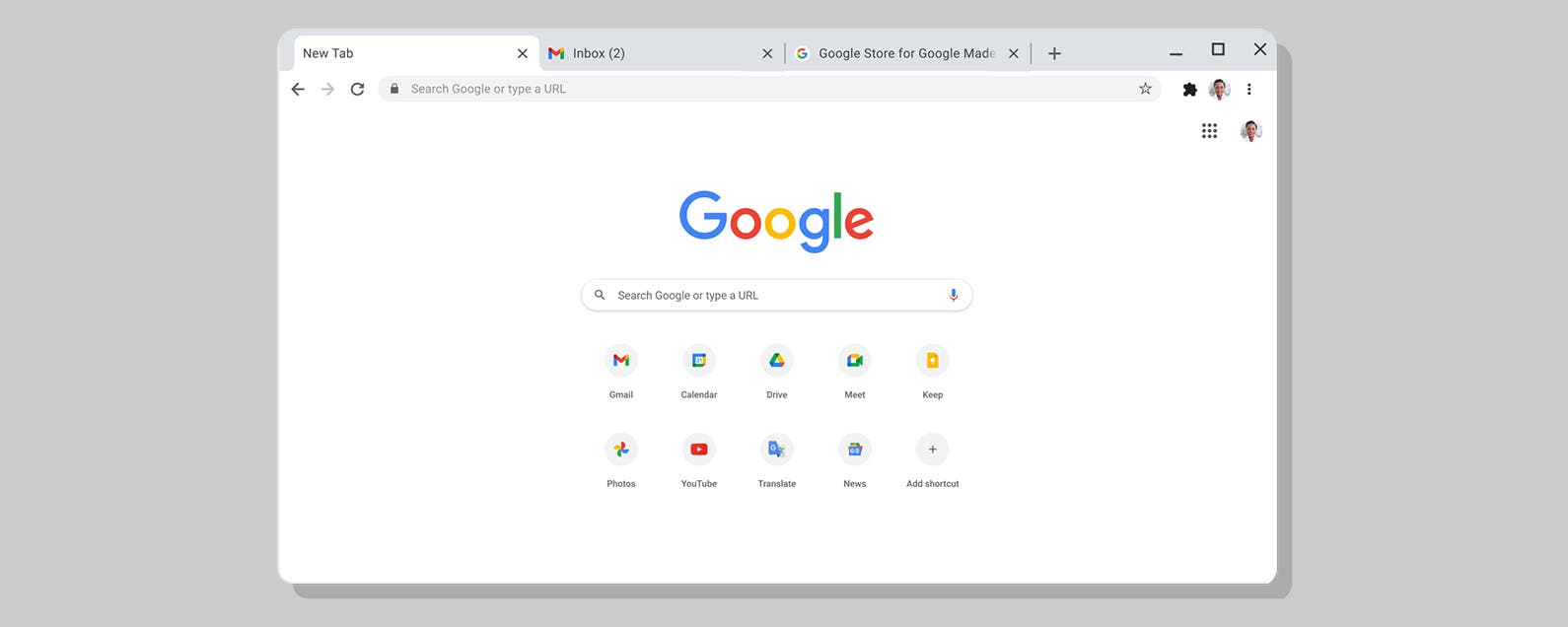
By avoiding unnecessary or unwanted downloads, Safari uses less memory and has better performance.

Safari does not request undesired content. WebKit compiles the ruleset into a bytecode format that it can process efficiently at runtime, reducing latency between when a page request is created and when it is dispatched over the network. As Apple explains to developers:Ĭontent-blocking rules are created in a structured format ahead-of-time, declaratively, rather than running extension-provided code at the moment a decision about blocking needs to be made. Apple offers a content blocking API, which extension makers can use to prevent ads from ever being downloaded in the first place. Due to the way Chrome works, they look at sites after they’re downloaded, and retroactively remove the blocked content. And while there’s nothing wrong with either of those options, they do have a downside. If you’re a longtime Chrome user, you probably turn to something like uBlock Origin or AdBlock Plus to stop ads from mucking up your browser. Are Chrome’s features worth $1000 or more to you? Content Filters Are Better Than Ad Blockers But when I use Safari, I don’t feel like I have to. Switching to Safari, for me, makes every other program on my device a little faster. On my 2011 MacBook Pro, starting up Chrome is a surefire way to trigger the fans and slow down the rest of my system. And if you’re using an older Mac, Safari might actually perform better for you. You don’t have to take my word for it: check which applications are draining your MacBook’s battery and Chrome will always top the list, unless you’re converting video or something.Ĭhrome rides your CPU hard, and while it is getting better about battery life, it’s still no match for Safari.


 0 kommentar(er)
0 kommentar(er)
